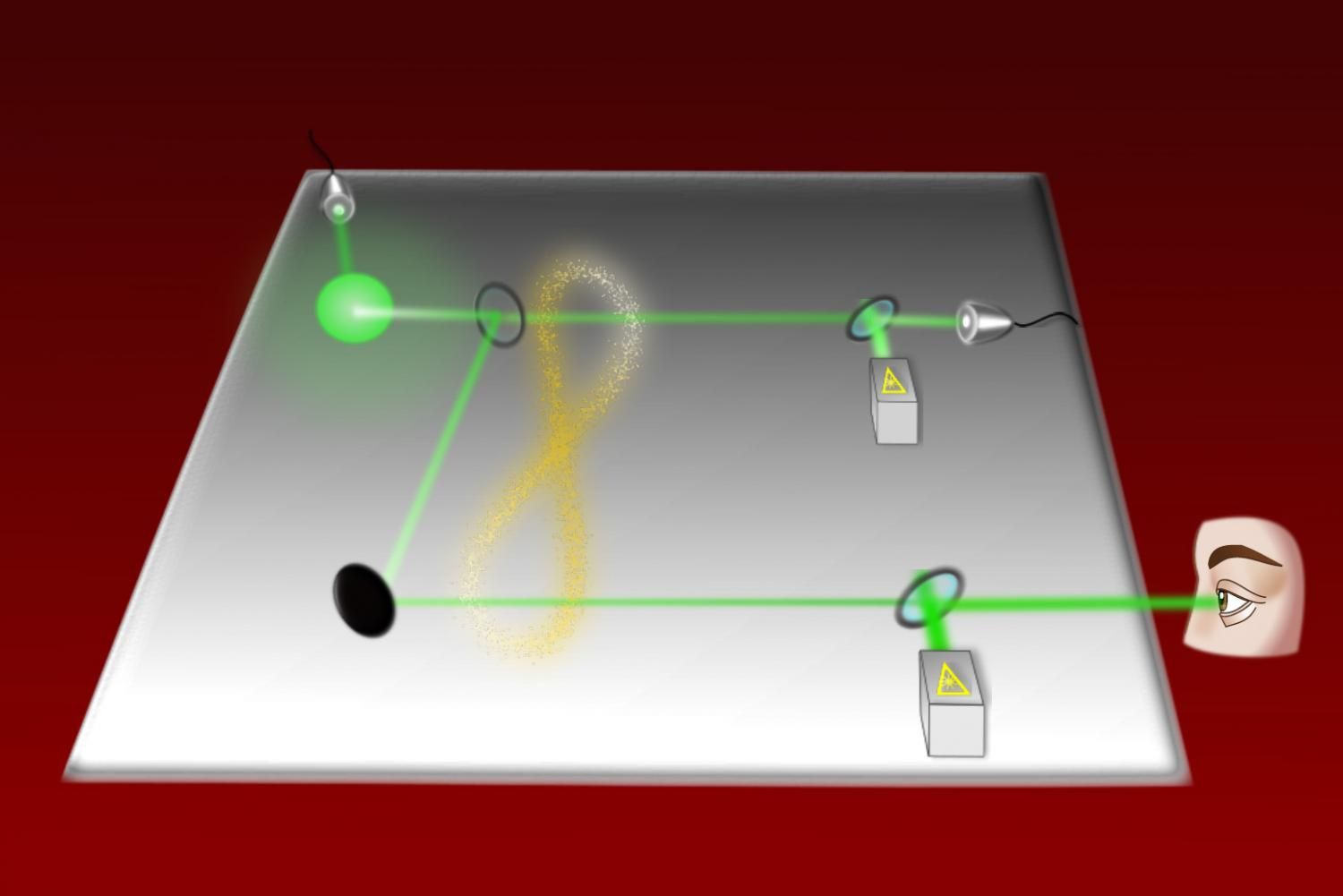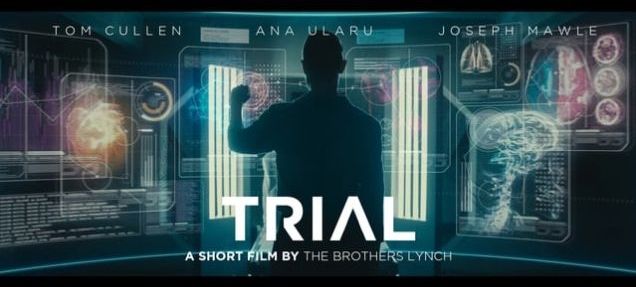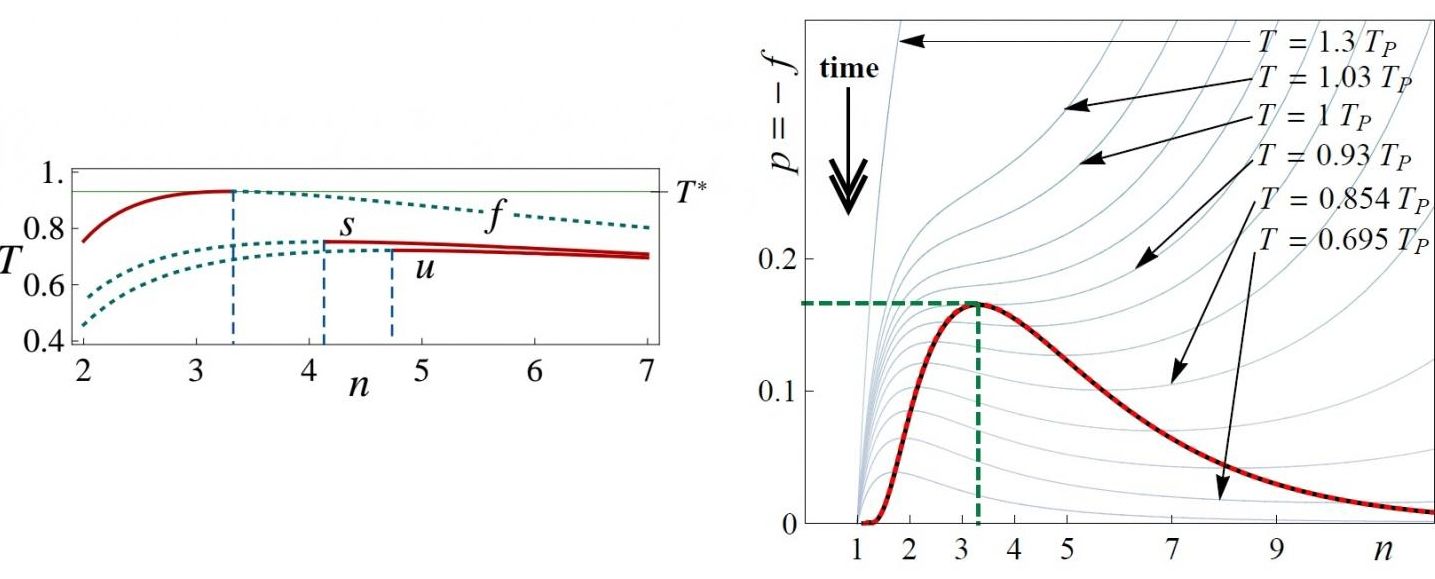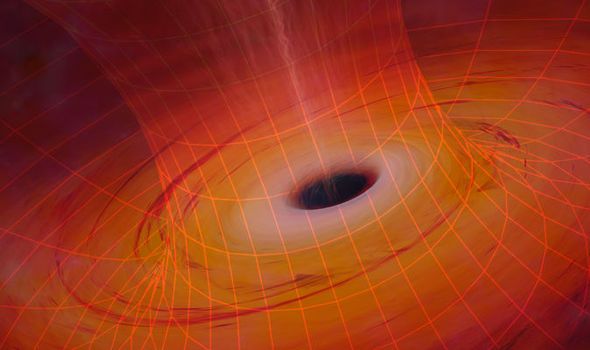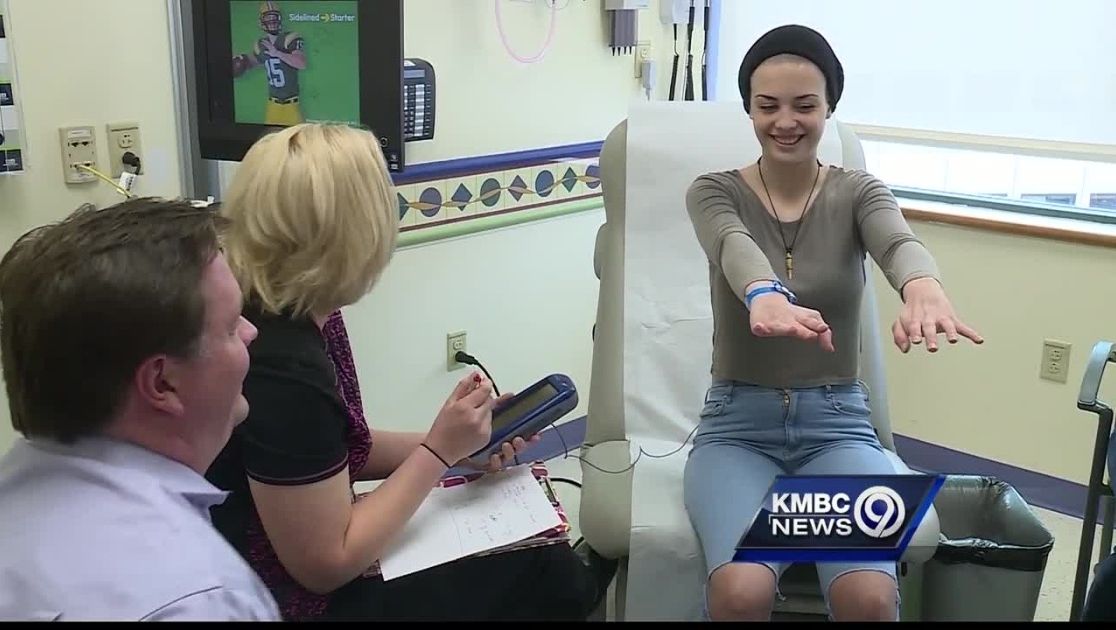May 3, 2016
Scientists Develop Powerful Bio-Compatible Nano-Motor
Posted by Karen Hurst in categories: biotech/medical, nanotechnology
Cambridge’s new nano-scale light-powered piston engine that may one day energize devices to treat diseases directly or deliver drugs.
At the University of Cambridge researchers have developed a nano-scale light-powered piston engine that may one day energize devices to treat diseases directly or deliver drugs in powerful new ways. The device consists of charged gold nanoparticles within a polymer that bends and relaxes in response to heat changes. The polymer absorbs water when cooled, expanding in size, while heating the gold nanoparticles using a laser raises the temperature of the polymer, shedding the absorbed water and relaxing in response. This process happens in a fraction of a second, and as long as a laser is made to flip between being on and off, the engine keeps working.
According to the researchers, the force generated given the weight of the device is quite huge, at least a hundred times greater than existing motors or even muscle cells.
Continue reading “Scientists Develop Powerful Bio-Compatible Nano-Motor” »


